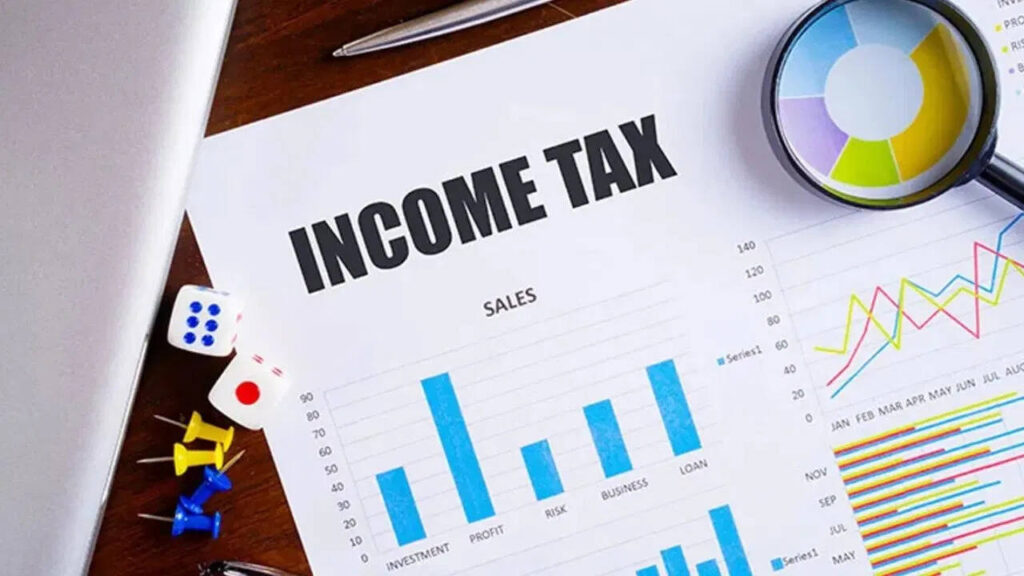You had earlier asked your employees to cut TDS based on the old tax regime and now you think that the new tax regime is more beneficial for you, so there is no need to panic. Under the current Income Tax Rules, you get full opportunity to rectify this mistake. Today we will tell you through this news how you can easily change your tax regime and choose the right option.
What do the current rules say?
According to the current Income Tax Act, salaried employees are allowed to change their tax revision while filling their Income Tax Return (ITR). This means that even if you have asked your employees to adopt the old tax system while deducting TDS, but when you fill your ITR, you can choose a new tax regime.
If you have not given any option to your employer, then by default you will be considered in the new tax regime. This rule is especially relieved for those who find the new system better after assessing their tax liability at the end of the year.
What is section 115bac?
Under Section 115BAC of the Income Tax Act, an alternative new tax regime has been introduced since the year 2020. In this new system, low tax rates are facilitated, but most of the tax exemption and deduction in return such as Section 80C (LIC premium, PPF investment), HRA (house rent allowance) and LTA (Leave Travel Alloun) have been abolished.
Therefore, before choosing a new tax system, a person should carefully calculate which option will be more beneficial for him. In many cases, new tax regime proves beneficial due to low tax rates, especially for those who do not invest too much tax savings.
When and how can tax revision change?
If you file your ITR on time, that is, the fixed date or before, then you can choose the old or new tax system as per your choice while filing the tax. But note, if you miss the fixed deadline and file delayed returns, then the Income Tax Department will let you only file returns under the new tax regime. In that case there will be no option to choose the old tax regime.
Therefore, it becomes very important to make the right choice on time.
Important dates for filing ITR
July 31: The last date for filing ITR for most salaried employees.
October 31: Last date for traders and professionals whose audit is mandatory.
November 30: Last date for institutions under transfer pricing rules.
December 31: Last date for filing delayed or revised ITR.
March 31 (fourth year): The last chance to file an updated return after the assessment year is over.
If you take care of these dates, then not only will you be able to choose the correct tax regime, but will also be able to avoid late fees and other punishments.
Careful things
If you invest in tax savings schemes regularly, the old tax regime can be beneficial for you.
If you have limited cutable expenses or investment, the new tax regime may be a better option for you.
Choose the correct regime every year by analyzing your income, investment and expenses.
Do not decide to change the tax regime in a hurry. It can also be useful to consult a tax advisor.
conclusion
If you had earlier instructed your employer for the old tax regime, but now you are looking more beneficial, then there is no need to panic. You can change your choice while filling your ITR and adopt the correct option. Just keep in mind that you take the right decision at the right time so that any kind of trouble can be avoided.
